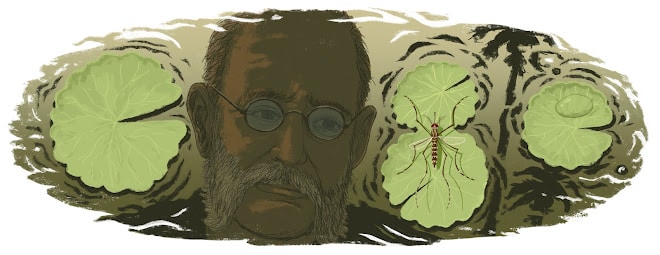Carlos Juan Finlay: Pioneer in Yellow Fever Research and Epidemiology

Carlos Juan Finlay (December 3, 1833 – August 20, 1915) was a Cuban epidemiologist renowned for his groundbreaking research on yellow fever. His work laid the foundation for understanding the transmission of the disease, ultimately contributing to the development of a yellow fever vaccine.
Life & Career
Carlos Juan Finlay was born on December 3, 1833, in Camagüey, Cuba, to a family with diverse cultural influences—his father was a Scottish physician, and his mother was French. Finlay’s early education in France and Germany set the stage for a life dedicated to scientific inquiry. Finlay’s career unfolded against the backdrop of 19th-century medicine, marked by significant challenges in understanding the causes of infectious diseases. His seminal work began in the 1870s when he proposed that yellow fever might be transmitted through mosquitoes, particularly the Aedes aegypti species. Despite initial skepticism from the scientific community, Finlay’s persistent research eventually gained recognition.
In 1900, Major Walter Reed and his team confirmed Finlay’s theory during experiments in Havana, solidifying Finlay’s contributions to the understanding of yellow fever transmission. His hypothesis and exhaustive proofs were confirmed nearly twenty years later by the Walter Reed Commission of 1900. Finlay went on to become the chief health officer of Cuba from 1902 to 1909. Although Reed received much of the credit in history books for “beating” yellow fever, Reed himself credited Finlay with the discovery of the yellow fever vector, and thus how it might be controlled. Reed often cited Finlay’s papers in his own articles and gave him credit for the discovery in his personal correspondence.
Awards and Legacy
Carlos Juan Finlay’s legacy is inseparable from the conquest against yellow fever. His identification of mosquitoes as vectors of the disease paved the way for effective control measures and, most importantly, the development of a yellow fever vaccine. Finlay’s work saved countless lives and became a cornerstone in the fight against tropical diseases. While Finlay did not receive the Nobel Prize during his lifetime, his impact on public health and epidemiology garnered posthumous recognition. The Carlos J. Finlay Order, established by the Cuban government, and the Walter Reed Medal, named after the American researcher who confirmed Finlay’s findings, stand as tributes to his enduring legacy.
Carlos Juan Finlay’s contributions are commemorated through various avenues, including stamps, monuments, and educational initiatives in Cuba. His work remains a source of inspiration for epidemiologists and public health professionals worldwide, emphasizing the significance of perseverance and innovative thinking in scientific pursuits. Carlos Juan Finlay’s life and career exemplify the transformative impact of scientific inquiry on public health. His pioneering research on yellow fever not only saved lives but also set a precedent for the collaborative efforts needed to combat infectious diseases. Finlay’s legacy endures as a beacon of inspiration for those dedicated to advancing medical knowledge and improving global health.
On 3 December 2013, a Google Doodle was created to celebrate Carlos Juan Finlay’s 180th Birthday.
Observer Voice is the one stop site for National, International news, Sports, Editor’s Choice, Art/culture contents, Quotes and much more. We also cover historical contents. Historical contents includes World History, Indian History, and what happened today. The website also covers Entertainment across the India and World.

